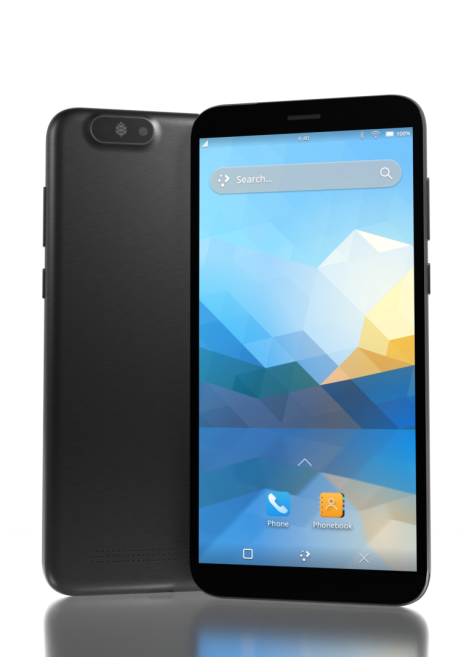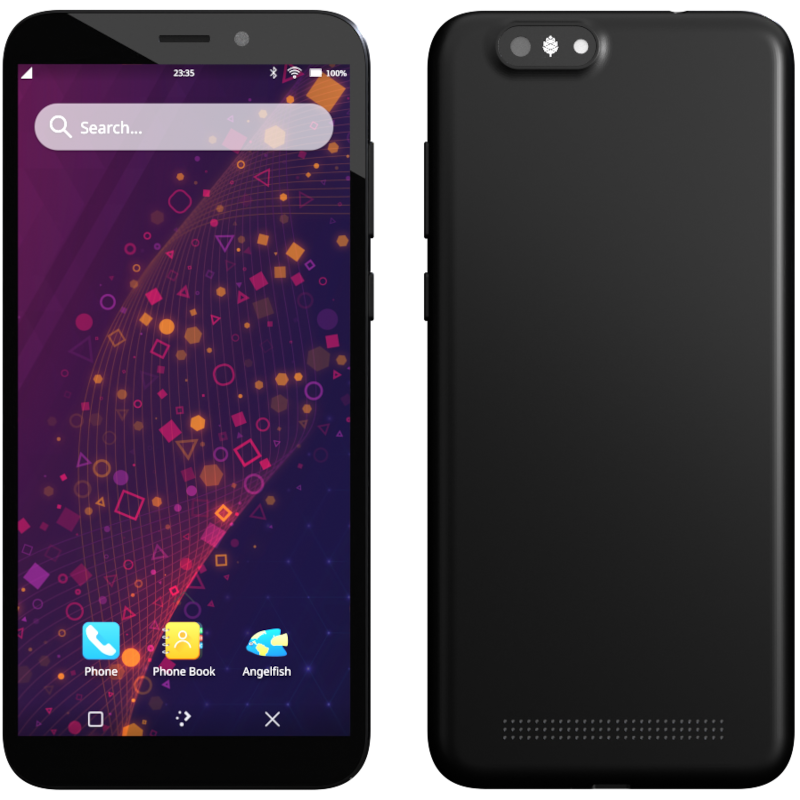
Reviving the Legacy: LuneOS Eiskaffee Breathes New Life into webOS
Share
In the fast-paced world of technology, some platforms may fade away but are never forgotten. One such example is webOS, the operating system developed by Palm in an attempt to rival Android and iOS. Though discontinued by HP in 2011, a dedicated team of independent developers, known as the webOS Ports team, has been keeping the dream of webOS alive through their forked project called LuneOS. After a period of silence, they've made a significant comeback with the release of LuneOS Eiskaffee on February 15th, marking the first stable build since 2019.
has been keeping the dream of webOS alive through their forked project called LuneOS. After a period of silence, they've made a significant comeback with the release of LuneOS Eiskaffee on February 15th, marking the first stable build since 2019.
A Journey through webOS History: The journey of webOS has been nothing short of tumultuous. Originally developed by Palm, it introduced innovative features like HTML5 application support and a card-based multitasking interface. Despite these advancements, Palm couldn't keep up with the competition, leading to HP acquiring the intellectual property. The HP TouchPad, the lone tablet to feature webOS, met a brief existence before being discontinued. However, a fire sale after cancellation made it a cult favorite, and the tablet found a second life with Android through the efforts of hackers.
The Torch Passed to LG: HP eventually sold webOS to LG, which adapted it for use in smart TVs. Although webOS found its niche in this domain, LG continued to offer an open source edition of webOS, allowing projects like LuneOS to thrive. Leveraging LG's webOS OSE (Open Source Edition) software, LuneOS Eiskaffee introduces under-the-hood improvements, a shift from Qt5 to Qt6, and updated base components.
Expanding Device Support: LuneOS Eiskaffee brings support for a variety of devices, including the PinePhone, PinePhone Pro, and PineTab2. Some devices,  like the Google Nexus 4, Nexus 5, and Nexus 7 (2012 model), the Xiaomi A1, Redmi 5, and Redmi Note 4X, and even the classic HP TouchPad, are also supported. The webOS team aims to offer a Generic System Image (GSI) for newer Android devices, making it easier to flash LuneOS on devices with unlocked bootloaders.
like the Google Nexus 4, Nexus 5, and Nexus 7 (2012 model), the Xiaomi A1, Redmi 5, and Redmi Note 4X, and even the classic HP TouchPad, are also supported. The webOS team aims to offer a Generic System Image (GSI) for newer Android devices, making it easier to flash LuneOS on devices with unlocked bootloaders.
A Work in Progress: While LuneOS Eiskaffee marks a significant step forward, the developers acknowledge that there's still work to be done. Some areas requiring attention include audio support in web apps, improvements to the camera and multimedia architecture, and the addition of basic apps like Camera, Flashlight, Audio Player, and Video Player. The team is committed to refining the experience, with plans to update the browser engine and address various shortcomings.
Conclusion: LuneOS Eiskaffee is a testament to the resilience of open-source communities and the passion for preserving technological legacies. As the webOS Ports team continues to breathe new life into this once-discontinued operating system, users can explore the possibilities on a range of devices, from classic Nexus models to the latest PinePhones. With each release, LuneOS takes a step closer to providing a comprehensive and up-to-date webOS experience for enthusiasts worldwide. Interested users can find downloads on GitHub and device-specific installation instructions on the webOS-Ports website.
